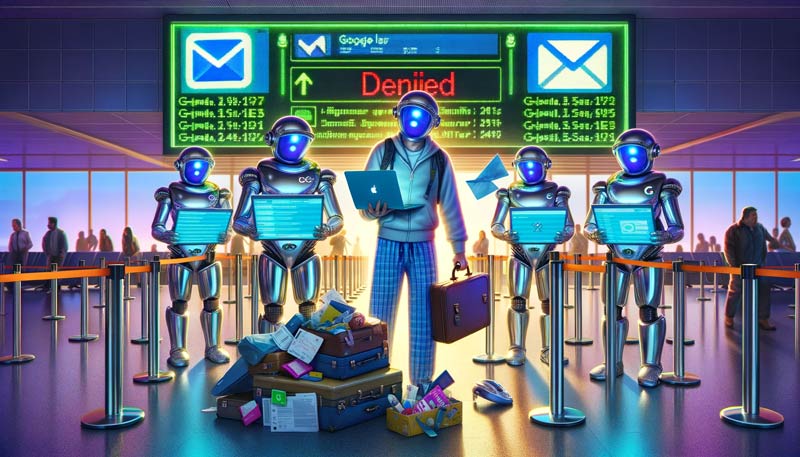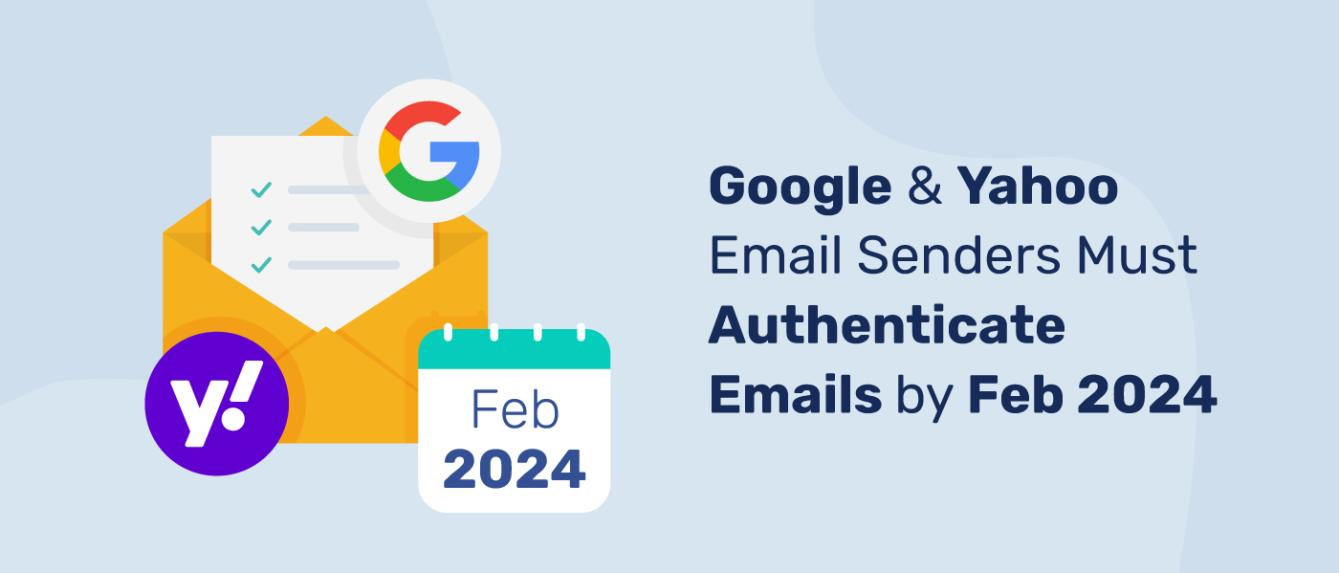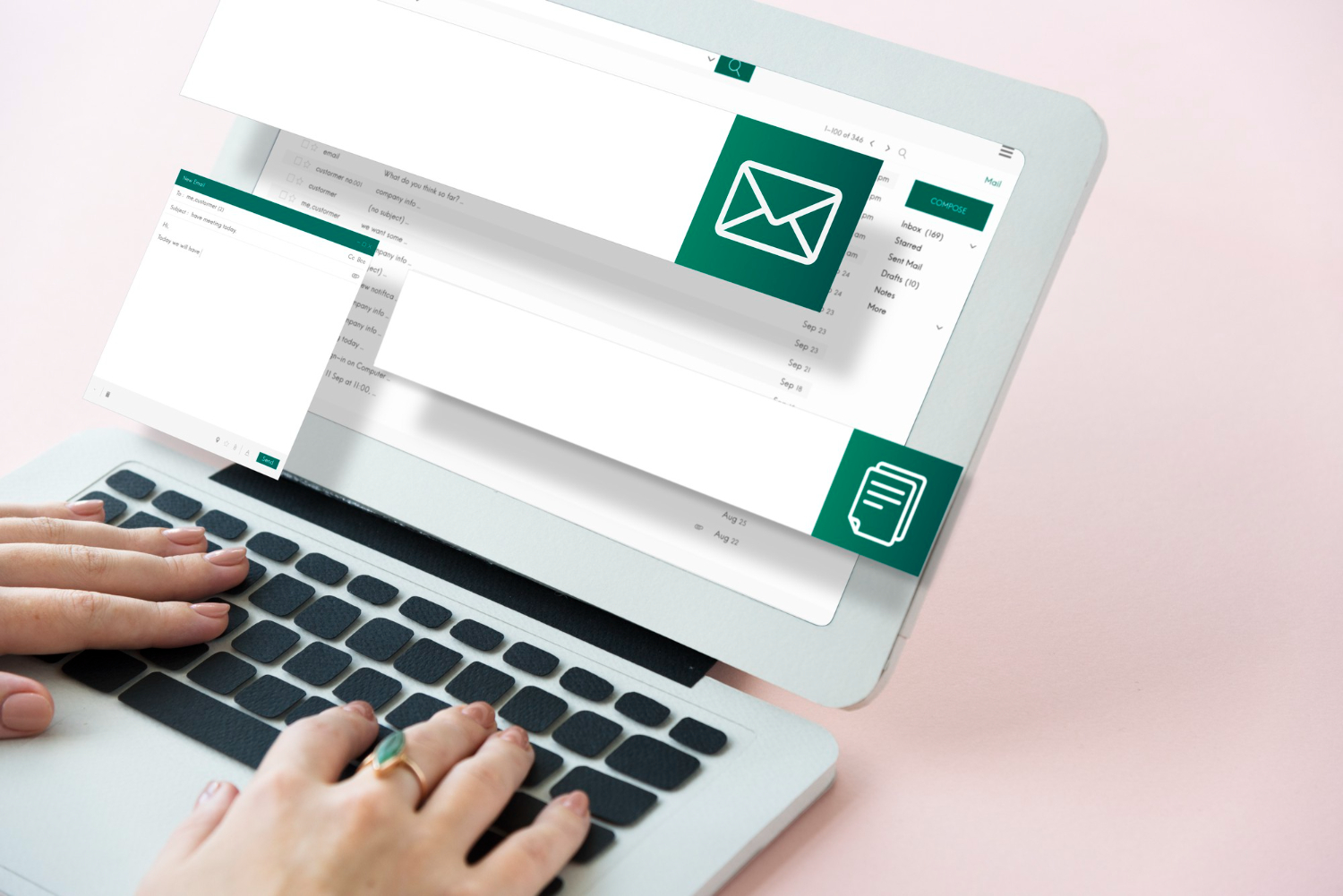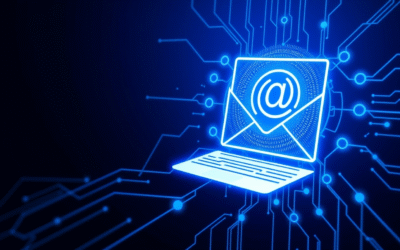February 1st – Prepare for stricter email security screening or face the dreaded “spam bin” detention.
Attention all jet-setting emailers! Get ready for a smoother flight through inboxes, because Google and Yahoo (including AOL) are upgrading their security screening systems come February 1st, 2024. Think of it as an email TSA, ensuring only legitimate messages board the express lane to your inbox. No spam or phishing scams permitted!
But buckle up, because things are about to get slightly technical. Fear not, though! We’ll break it down in a way that makes boarding pass sense, even if your tech expertise consists of searching for Wi-Fi.
Imagine your inbox as your gate. You wouldn’t want suspicious characters slipping through, right? Google and Yahoo are just being responsible by checking passengers (emails) thoroughly before granting them access. Here’s what your emails need to pack to breeze through the new security:
- Boarding Pass – SPF (Sender Policy Framework): This is basically your official ID card for your email domain. It tells Google and Yahoo who’s authorized to send emails using your address (like your company email). No sending out anonymous postcards from shady corners!
- Secret Handshake – DKIM (DomainKeys Identified Mail): Think of this as a personalized high-five with your recipient. It proves your emails are legit and haven’t been tampered with mid-flight. No more impersonators hijacking your email identity!
- Travel Itinerary – DMARC (Domain-based Message Authentication, Reporting & Conformance): This acts as your flight plan, telling Google and Yahoo what to do with emails that don’t have the proper credentials. They might get diverted to the spam folder or held for further questioning. No unwanted stowaways sneaking past!

Don’t panic, seasoned travelers! You don’t need to memorize the technical jargon. This is where your friendly neighborhood IT team comes in. They’re the seasoned aviation experts who know all about boarding pass protocols and secret handshakes.
Your pre-flight checklist:
- Forward this blog post to your IT crew. Inform them about the new email TSA regulations and get them up to speed on ensuring your emails are ready for takeoff come February 1st.
- Ask questions! Your IT team is there to demystify the tech lingo and make sure your emails have the right boarding passes.
- No need to fly solo! Everzocial is your airport lounge companion. If your IT team needs any extra support or wants to chat about the new regulations, they can reach out to us anytime.
These new measures are all about making your inbox a haven for genuine connections and important messages. By working with your IT team and staying informed, you can ensure your emails land safely in your recipient’s inbox, ready to spark meaningful conversations and collaborations.
So, fasten your seatbelts, check your email boarding passes, and get ready for a smoother, spam-free journey through your inbox!
P.S. Still curious about the nitty-gritty details? Here are some helpful resources to explore the technical side of things:
- Google’s guide to SPF, DKIM, and DMARC: https://support.google.com/a/answer/2466580?hl=en
- Yahoo’s email authentication requirements: https://easydmarc.com/blog/google-and-yahoo-new-email-authentication-requirements/
- DMARC Analyzer: https://dmarcian.com/
Remember, the most important thing is to get your IT team on board and let them handle the pre-flight preparations. Bon voyage through your inbox!







Kevin,
Thanks for this great information. Is there anything I need to do by February 1st?
Thanks
Hi Bill,
No, not specifically for you. This is more for businesses that send email from their domain based emails. We got your back!
Kevin